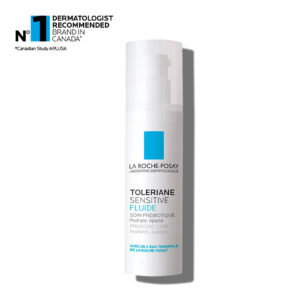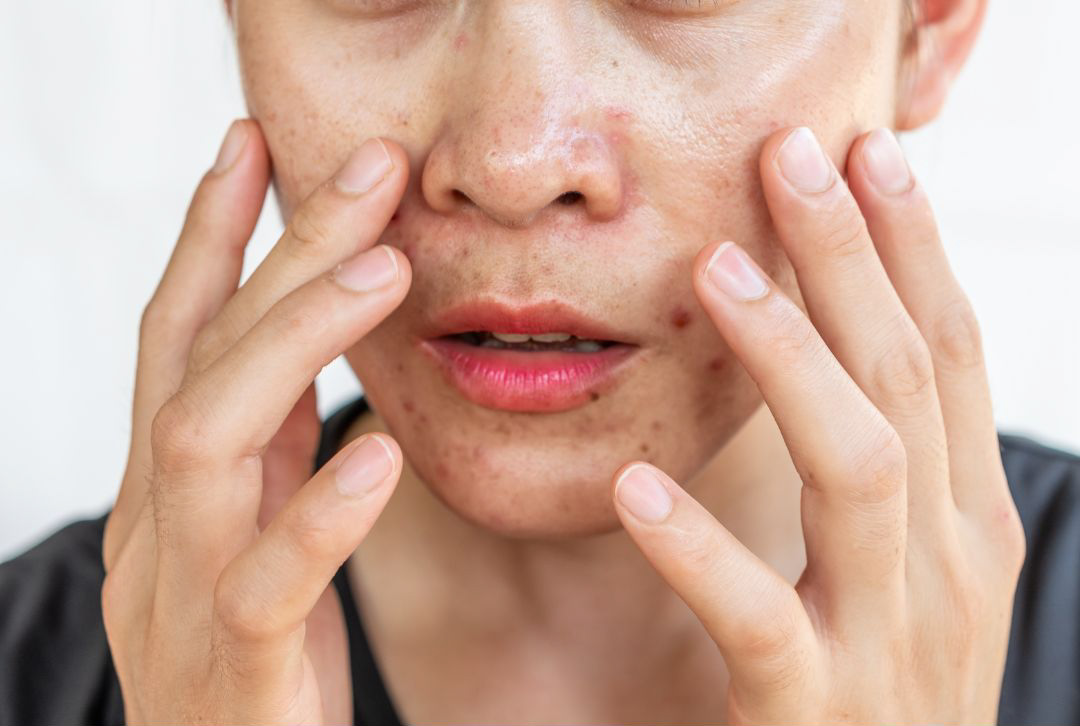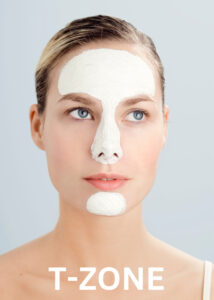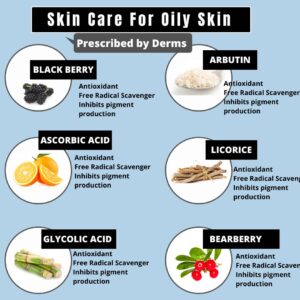Do I Need To Moisturise If I Have Oily Or Combination Skin?
Yes, it is important to moisturise even if you have oily or combination skin! While it may seem counterintuitive, moisturising can actually help regulate oil production in your skin.
When your skin is dehydrated, it can produce more oil to compensate for the lack of moisture. This can lead to clogged pores and breakouts. By using a lightweight, non-comedogenic moisturiser, you can help keep your skin hydrated without clogging pores.
Look for moisturisers that are specifically formulated for oily or combination skin. These typically have a lighter consistency and contain ingredients like hyaluronic acid, which can help hydrate your skin without leaving it feeling greasy.
It’s also important to choose a moisturiser that provides broad-spectrum protection from the sun’s harmful rays. Look for a moisturiser with an SPF of at least 30, and apply it every day as part of your morning skincare routine.
Why?
Oily and combination skin types still need to moisturise because hydration is crucial for maintaining a healthy skin barrier. When the skin lacks moisture, it can produce more oil to compensate for the dryness, leading to clogged pores, breakouts, and even more oil production.
Moisturising helps to balance the skin’s moisture levels, preventing excess oil production and keeping the skin’s natural barrier intact. Well-moisturised skin also helps to reduce the appearance of fine lines and wrinkles.
Additionally, oily and combination skin types can benefit from moisturisers that contain ingredients like hyaluronic acid, glycerin, or ceramides. These ingredients help to hydrate the skin without leaving a heavy or greasy feeling, and can even help to control excess oil production.
It’s important to note that choosing the right moisturiser is key for oily and combination skin types. Opt for lightweight, oil-free, and non-comedogenic formulas to avoid clogging pores and causing breakouts. And remember, even if your skin is oily or combination, it still needs hydration to stay healthy and balanced.
How do I know if I have combination skin?
If you have combination skin, you will typically have an oily T-zone (forehead, nose, and chin) and dry or normal skin on the rest of your face. Combination skin can be tricky to identify because it can vary depending on the weather, season, or hormonal changes.
Here are some common signs of combination skin:
- Oily T-zone: If you notice that your forehead, nose, and chin tend to be oilier than the rest of your face, you may have combination skin.
- Dry or normal cheeks: If your cheeks tend to feel dry or normal, while your T-zone is oily, this is another sign of combination skin.
- Breakouts in the T-zone: Combination skin types are more prone to breakouts in the T-zone, especially around the nose and chin.
- Visible pores: If you have combination skin, you may notice that your pores are more visible in the T-zone area.
- Makeup doesn’t last: If you find that your makeup tends to slide off or become patchy in the T-zone area, this could be a sign that you have combination skin.
If you are still unsure whether you have combination skin or not, it’s best to consult with a dermatologist or skincare professional. They can help you identify your skin type and recommend products that are best suited for your specific skin concerns.
What is the best kind of moisturiser for each skin type?
The best kind of moisturiser for each skin type can vary depending on individual needs and preferences. However, here are some general guidelines:
- Dry skin: People with dry skin should look for moisturisers that are rich in emollients and occlusives. Emollients, such as shea butter and glycerin, help to smooth and soften the skin, while occlusives, such as petrolatum and mineral oil, help to lock in moisture. Creams and ointments tend to be more hydrating than lotions, which can be too lightweight for dry skin.
- Oily skin: People with oily skin should look for lightweight, oil-free, and non-comedogenic moisturisers that won’t clog pores. Gel-based or water-based moisturisers tend to work well for oily skin types. Look for ingredients like hyaluronic acid, which can hydrate the skin without leaving a greasy feeling.
- Combination skin: People with combination skin can benefit from using two different types of moisturisers – a lightweight one for the T-zone (forehead, nose, and chin) and a richer one for the cheeks. Look for oil-free and non-comedogenic formulas that won’t clog pores or cause breakouts.
- Sensitive skin: People with sensitive skin should look for moisturisers that are fragrance-free, hypoallergenic, and free of potential irritants such as alcohol and sulfates. Look for ingredients like ceramides and niacinamide, which can help to soothe and strengthen the skin barrier.
- Mature skin: People with mature skin should look for moisturisers that are rich in antioxidants, peptides, and retinoids, which can help to reduce the appearance of fine lines and wrinkles. Look for thicker, more hydrating formulas that can help to plump and firm the skin.
It’s important to note that everyone’s skin is unique, and what works for one person may not work for another. It’s a good idea to experiment with different moisturisers and find one that works best for your specific skin type and concerns.
Best moisturiser for acne prone skin?
As you would have guessed, choose a light to medium moisturiser if you have acne prone skin.
Read the label carefully: The two most important things to look for on your moisturizer are “oil-free” or “non comedogenic.’’
Mind the texture: If you have dry or combination skin and acne, opt for a cream-based moisturizer, while those with oily skin should choose a lightweight lotion or gel.
Look for SPF: It’s a good idea to look for a moisturiser with SPF. Many moisturisers for acne-prone skin are fragrance-free and contain chemical-free, non-irritating sunscreens, which can help reduce the development of long-lasting blemishes, including red and dark spots.
Here is our list-
- La Roche Posay Toleriane Fluide.
- Obagi Hydrate
- Cetaphil Moisturising lotion
- La Roche Posay Effaclar Mat Moisturiser
- Cerave line of moisturisers





